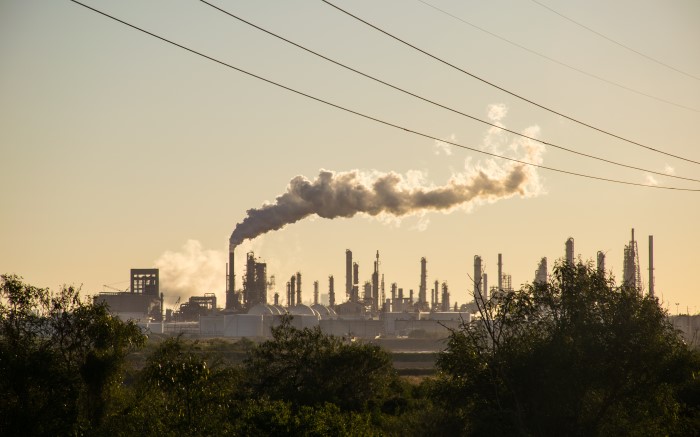Climate Change in Southeast Asia Programme (CCSEAP) was established in 2020

The Climate Change in Southeast Asia Programme (CCSEAP) was established in 2020 to examine the phenomenon of climate change, its impact, and policy responses across the region and in key Southeast Asian countries. Through Visiting Fellowships, the Programme hopes to cultivate a network of scholars at the forefront of climate change research. The Programme aims to build on ISEAS’ thought leadership to advance climate discourse and knowledge in Southeast Asia through a series of publications and seminars.
The Programme conducts an annual Climate Change in Southeast Asia Survey. Inaugurated in 2020, the survey probes the attitudes and concerns of Southeast Asian citizens towards climate change, governmental actions, and the role of different stakeholders in climate action. It aims to obtain views on climate change impacts, mitigation, adaptation, food security, agricultural production, cities’ adaptation measures, renewable energy and the transition to low-carbon economies.
Please click HERE to participate in the Climate Change in Southeast Asia 2020 Survey.
The Programme will focus on 5 key research areas:
1. Regional Climate Change Outlook
• ASEAN Member States’ climate change agendas, laws, policies, and institutional bodies, including the examination of Nationally Determined Contributions (NDCs) and Low Emission Development Strategies (LEDS), among other issues.
• ASEAN’s institutional governance and initiatives on environmental and climate issues.
• Effectiveness of Southeast Asian countries’ current and planned mitigation and adaptation measures.
2. Agriculture, Forestry, and Food Security
• Regional inter-dependencies of agricultural production and food supply chains, including comparative advantages of Southeast Asian countries.
• Land-use, land-use change and forestry issues
3. Cities and Urban Development
• Climate vulnerability, resiliency and climate finance governance in the context of Southeast Asian cities.
4. Energy and Decarbonisation
• Trends in renewable energy deployment, energy efficiency improvement, as well as the successes and failures of government policies including energy subsidies, grants and incentives in Southeast Asia.
5. Finance
• Voluntary corporate climate-related disclosures in Southeast Asian countries.
Researchers
• Ms Sharon Li-Lian SEAH
Programme Coordinator
sharon_seah@iseas.edu.sg
• Ms Melinda MARTINUS
Lead Researcher, ASEAN Studies Centre
melinda_martinus@iseas.edu.sg
• Dr Geoffrey PAKIAM
Fellow, Regional Economic Studies Programme
geoffrey_pakiam@iseas.edu.sg
• Dr Serina Abdul RAHMAN
Visiting Fellow, Regional Economic Studies Programme
serina_abdul_rahman@iseas.edu.sg
• Ms Anuthida SAELAOW Qian
Research Officer, ASEAN Studies Centre
anuthida_qian@iseas.edu.sg
• Ms QIU Jiahui
Research Officer, Climate Change in Southeast Programme
Opportunities
Please check back again for updates on Visiting Fellowships.
Source: CCSEAP













 Read more about "UNESCO"...
Read more about "UNESCO"... 